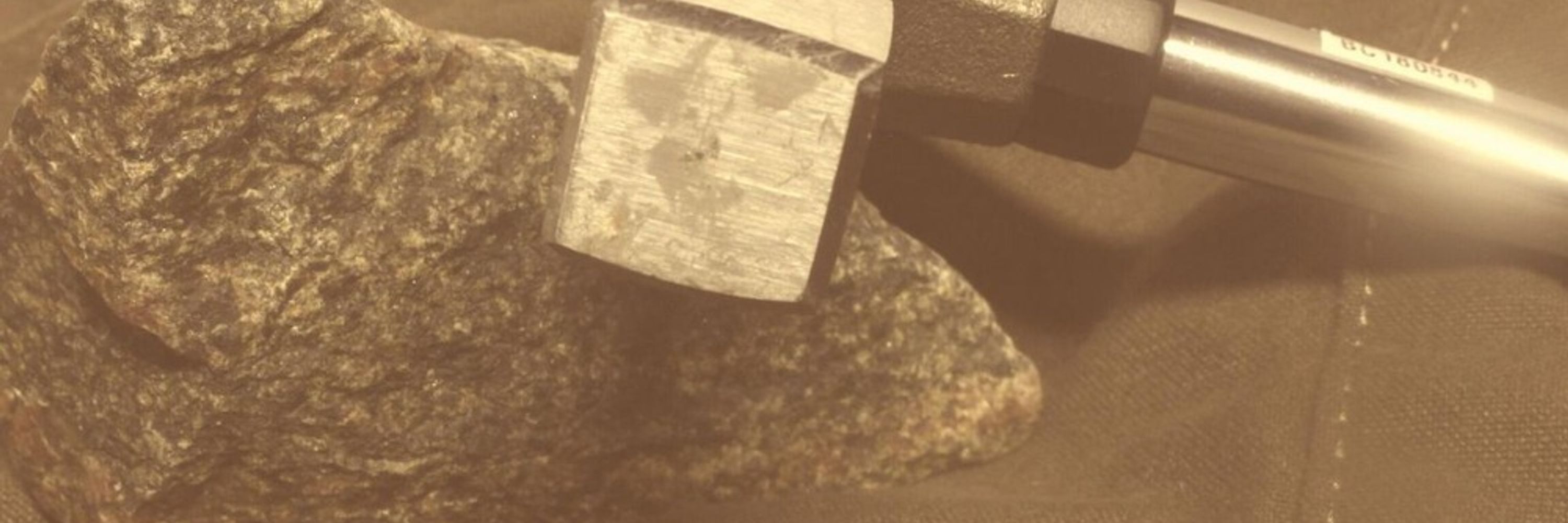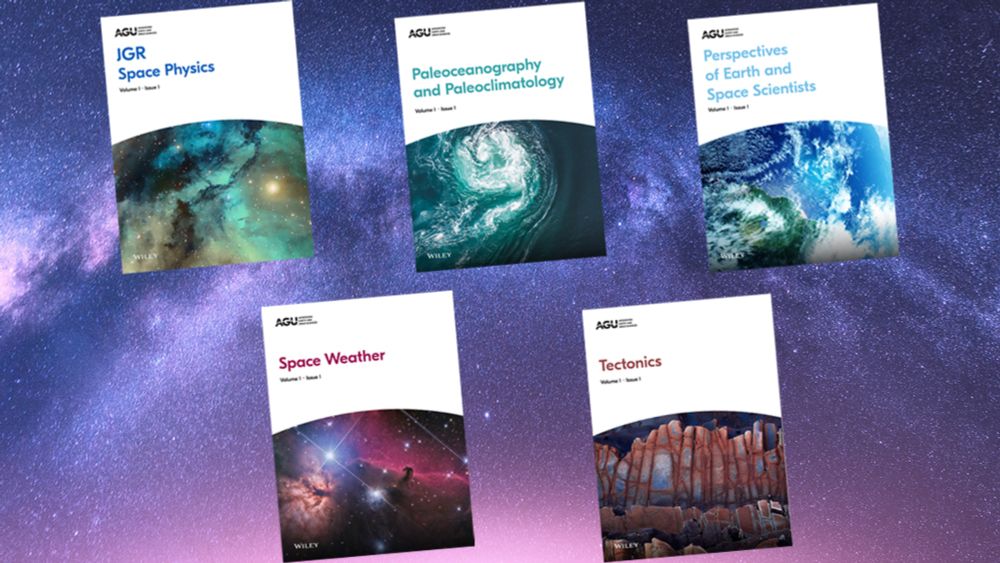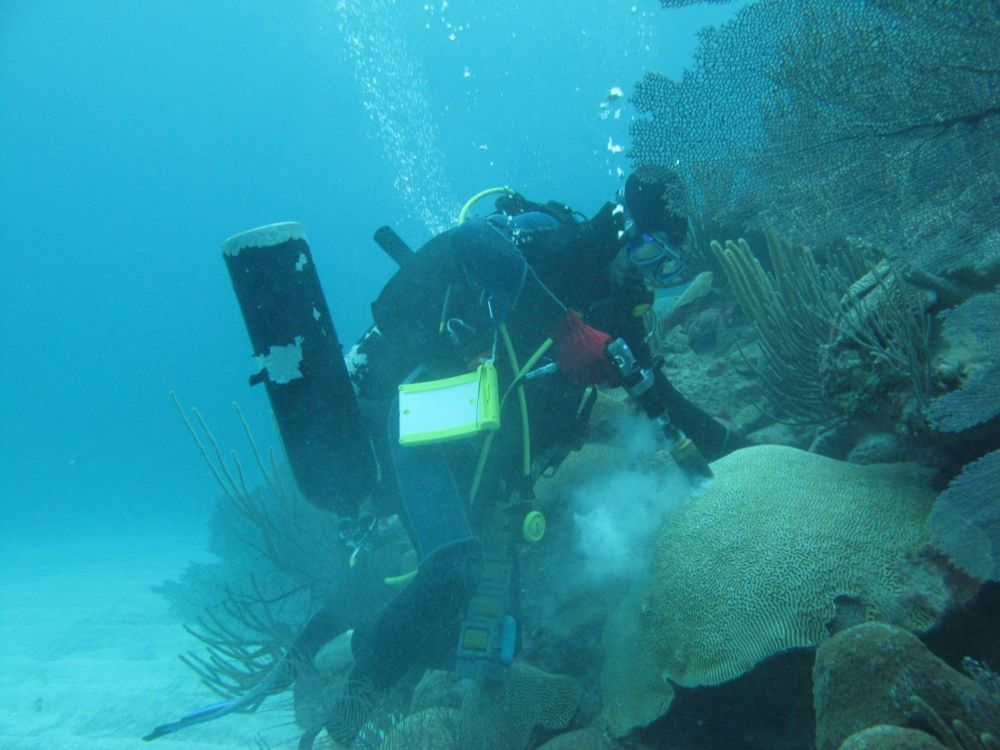
Investigating PETM biotic/environmental change Paleoclimate|Micropaleo|Geochemistry
https://www.youtube.com/channel/UCbpInDqTLp9_newr47g5CLA

#COP30 is underway but is climate change still to be a priority?
Our 'past warm worlds' serve as useful reminders of what legacy we will leave for our children and grandchildren if we aren't ambitious on #ClimateAction
www.theenergymix.com/hurricane-me...

www.theenergymix.com/hurricane-me...
10 years ago, before the Paris agreement, it was 3.6°C
20+ years ago, we thought it would be 4-5°C
So 2.6°C is better, but the problem is that climate impacts are way worse than we predicted.

10 years ago, before the Paris agreement, it was 3.6°C
20+ years ago, we thought it would be 4-5°C
So 2.6°C is better, but the problem is that climate impacts are way worse than we predicted.






doi.org/10.1126/scia...

doi.org/10.1126/scia...
Authorities warn of an unprecedented drought emergency
www.theguardian.com/world/2025/n...

Authorities warn of an unprecedented drought emergency
www.theguardian.com/world/2025/n...
#COP30
www.theguardian.com/news/ng-inte...

#COP30
www.theguardian.com/news/ng-inte...
#COP30 is underway but is climate change still to be a priority?
Our 'past warm worlds' serve as useful reminders of what legacy we will leave for our children and grandchildren if we aren't ambitious on #ClimateAction

#COP30 is underway but is climate change still to be a priority?
Our 'past warm worlds' serve as useful reminders of what legacy we will leave for our children and grandchildren if we aren't ambitious on #ClimateAction
egusphere.copernicus.org/preprints/20...

egusphere.copernicus.org/preprints/20...
The latest PAGES Mag on "New Analytical Techniques in #Paleoscience" is online!
🌍 This issue highlights how novel imaging methods and machine-learning approaches are revolutionizing paleoscientific research and expanding our ability to decode past Earth’s history.
🔗 shorturl.at/LOJj5

The latest PAGES Mag on "New Analytical Techniques in #Paleoscience" is online!
🌍 This issue highlights how novel imaging methods and machine-learning approaches are revolutionizing paleoscientific research and expanding our ability to decode past Earth’s history.
🔗 shorturl.at/LOJj5
Very excited to share our more recent paper published today in @nature.com Communications, where we show based on #clumped #isotope measurements in a giant sea #snail 🐚 that Europe experienced a monsoon-like climate during the #Eocene high-CO2 period.
www.nature.com/articles/s41...

Explore the aftermath of one of the most interesting features of the Pliocene, MIS M2 during your M2 internship!
www.sciencedirect.com/science/arti...
Explore the aftermath of one of the most interesting features of the Pliocene, MIS M2 during your M2 internship!
www.sciencedirect.com/science/arti...



👉 More project info: www.icdp-online.org/projects/by-...

👉 More project info: www.icdp-online.org/projects/by-...


New study shows observational updates sharpen climate forecasts and confirm human-caused warming is a stable, reliable metric.
www.nature.com/articles/s41...

New study shows observational updates sharpen climate forecasts and confirm human-caused warming is a stable, reliable metric.
www.nature.com/articles/s41...
The coolest thing is that it confirms our 2024 results using fast and non-destructive XRF. 🤩
1) www.nature.com/articles/s41...
2) publications.iodp.org/proceedings/...

The coolest thing is that it confirms our 2024 results using fast and non-destructive XRF. 🤩
1) www.nature.com/articles/s41...
2) publications.iodp.org/proceedings/...



